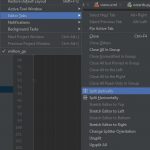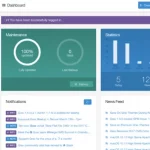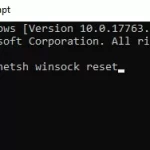Many of us associate math with numbers on a page. We know that we can solve for x and y to find the solution to many equations, but what does coding mean? While it is true that computer programming includes mathematical elements like loops, variables and operators, there is much more to computer science than just math problems. In fact, some would argue that coding is harder than math!
Alongside the use of mathematics in coding such as using variable rates or calculating percentages- when you put together all these calculations your code becomes very long and difficult to read if you don’t know exactly how everything works. Math already has rules set up about which operations go first so they are easy to understand (pairs before wholes), however this isn’t the case when coding.
Furthermore, in math you can usually figure out what’s going on by looking at a problem and drawing some diagrams to get your head around it. In computer programming this is not always possible as programs are often large and difficult to understand without lots of experience- making debugging much more complicated than in traditional mathematics problems. These days however there are many resources online for beginners that teach how things work including videos or tutorials about specific subjects like if statements!
Both math and programming have its own set of unsolvable problem, and you’re likely to run into them if you take either path.
Conclusion: Whether or not coding is harder than traditional mathematics helps determine what kind of programming languages we use in education today- but there seems no clear answer as both have their own challenges. The important thing is just understanding where your strengths lie so that you can find a good fit when choosing a career. For example, someone might be really strong at problem solving skills on paper but would rather work with computers instead of trying to solve algebraic equations every day- this person may have an aptitude for computer programming.





